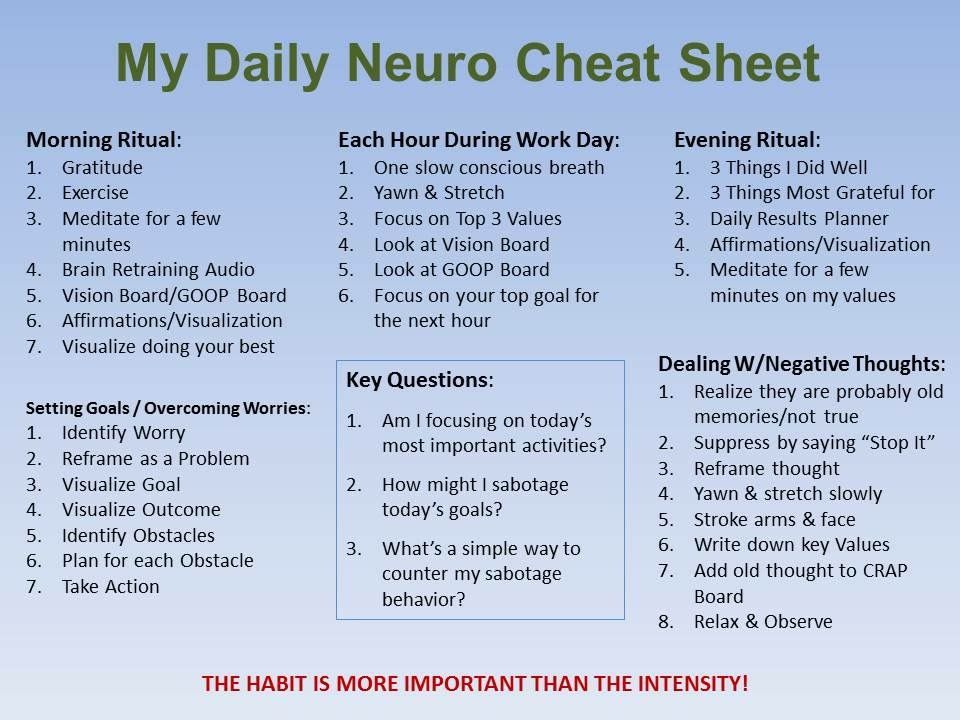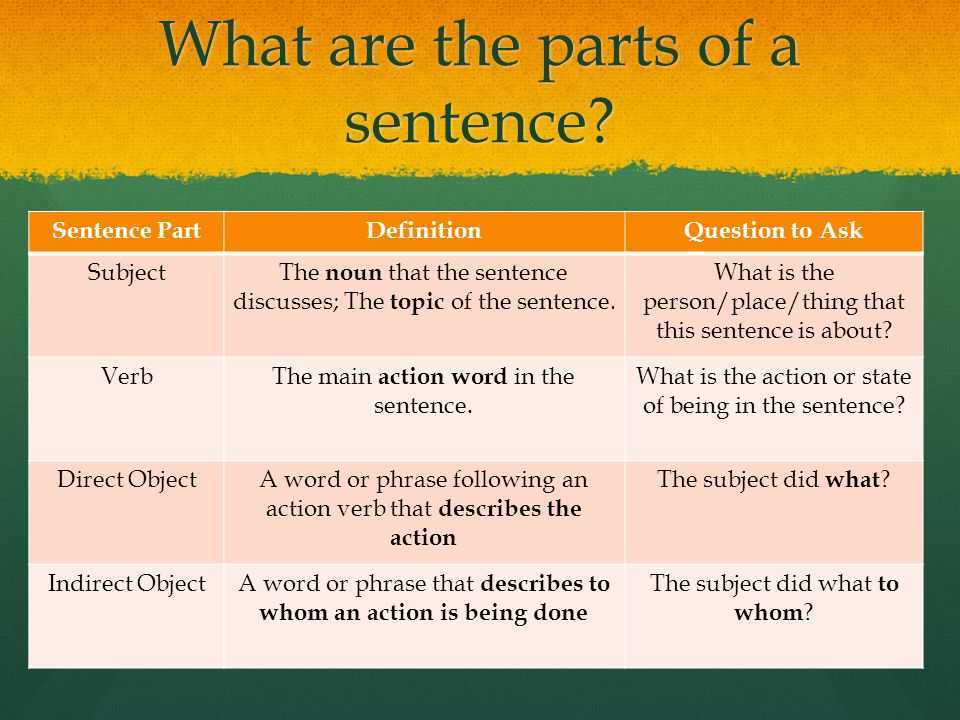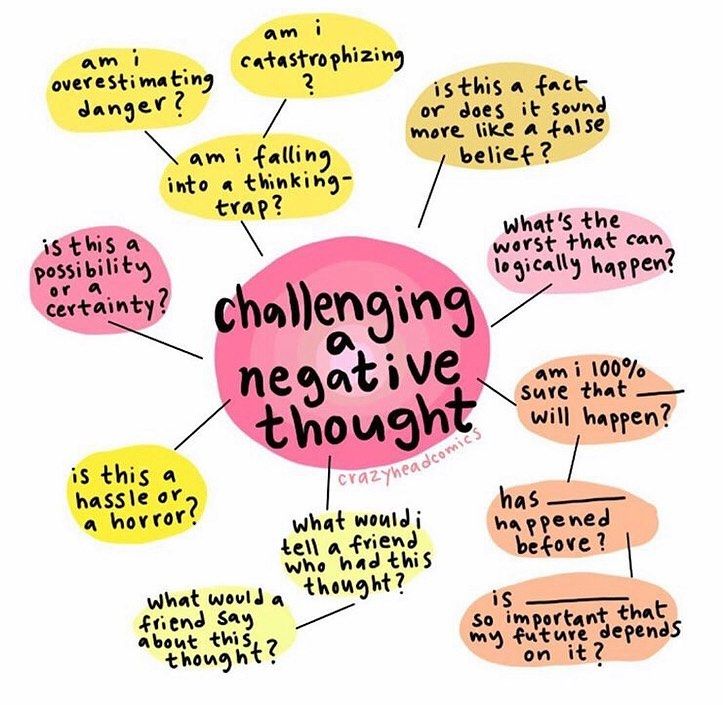Do negative thoughts come true
3 Reasons to Stop Worrying About Your Negative Thoughts
“Whatever you fight, you strengthen, and what you resist, persists.” ~Eckhart Tolle
Do you ever catch yourself being critical, judgmental, or full of fear and worry? And do you ever worry about how many negative thoughts you have? If you do, this post is for you.
We’re taught that negative thoughts are bad, that they’re “toxic,” they “lower your vibration,” keep you stuck, and so on.
We’re taught that in order to feel self-assured and confident, we should banish negative thoughts from our lives. Kind of like, goodbye, negative thoughts; hello, higher vibration, better boyfriend, nicer car, inner peace, and so on.
So what do you do with all that negative junk in your head? How do you make it stop? And is trying to jam a positive thought over a negative one really the best way to manage the situation?
The reason I’m thinking about this today is that it’s 7:30am and for the past three hours I’ve been watching Mad Men. Yep. Instead of setting myself up for the day with a restful sleep, I’ve been watching T.V. for half the night.
To be fair, it’s an unusual thing for me to do, but still, you should hear the rubbish my mind is telling me:
You’re such a lazy little missy.
You’re going to have a bad day.
You’re not going to get anywhere like this.
Yikes.
People often advise you to trade a negative thought for a positive one using techniques like affirmations. Quick, quell those negative thoughts! But is this really the best way forward?
Most people misunderstand this whole negative thinking debacle because they misunderstand what thoughts are in the first place.
Happiness doesn’t depend on how few negative thoughts you have, but on what you do with the ones you have.
This brings me to the first piece of good news:
1. It’s normal to have negative thoughts.
The human mind thinks about a squillion thoughts every day, and on average about a squillion minus a hundred are negative. It’s true. I Googled it.
It’s true. I Googled it.
Most of us are awash with negative thoughts. Even ones that seem positive, like I’m so great because I just got a new car, are really only negative ones in disguise, since they reinforce the belief you weren’t great before you got the new car.
And that’s the good news—negative thoughts are a normal part of human functioning.
This means you don’t have to worry about the fact that you’re having them in the first place. No matter how gnarly they get, it’s all pretty normal.
This brings me to the second piece of good news:
2. You don’t have to believe your negative thoughts!
Nope.
You don’t actually have to believe your thoughts. It’s as simple as that. Sort of. No, it is, but let me explain.
Your mind would like you to believe that all of your thoughts are correct. One of the ways it does this is by having you think that you and it are one. The truth is your mind is just one part
of you; it isn’t you.
Being able to separate your thoughts from your sense of self is one of the most useful things you can do. Try this: think of yourself as being made up of four parts.
- Mind
- Physical body
- Heart
- Spiritual aspect
This means: You. Are. Not Your. Mind. Your mind is just a tool for you to use.
All of your thoughts and perceptions are filtered through your unique belief system, and it’s this filter that causes negative thoughts. The negativity is in the filter.
When you try to “heal” and “grow,” what you’re trying to do is change the filter; you’re trying to change your belief system. You are the bit underneath your thoughts, and you will never change. You can’t—nor would you want to. You’re perfect.
You don’t have to analyze your nasty, critical thoughts, or worry about them. They’re just thoughts. If you really want to have fewer of them, stop listening to them.
Feeling solidly peaceful and contented occurs when your mind is quiet, or in the moments, no matter how small, when you remember that you don’t have to believe your thoughts.
Or, as I like to say, ”I don’t feel bad; my mind does!”
One thing I find helpful for dealing with a long held critical belief is to treat it like a game.
I think to myself, what if I didn’t believe this, even for a few seconds? The result is always strangely exhilarating. I can actually feel what it’s like to not believe it. (And sometimes it does only last for a few seconds!)
So what about thinking positively—that’s good for me right?
Sure, but the trick is in how you go about it, which is the third piece of good news:
3. You can get positive about negative thoughts.
There’s nothing wrong with choosing to have a positive thought. Just know that the negative thought didn’t matter in the first place. It probably wasn’t true and it doesn’t “mean” things about you.
When you jump on “negative” thoughts and reject them in a knee-jerk way, you’re saying to yourself, “I’m not good enough. If I were good enough, I wouldn’t have had that thought in the first place. ”
”
This is at least as negative as the initial thought.
It may seem a subtle difference, but that tiny step of noticing the thought and not believing it is where the growth lies. And the more you do this, the less “negative thoughts” you have and the easier it is to recognize them when you have them.
People think that “thinking positively” is the way to healing, but the quickest way is to first accept that the only reason you feel bad in the first place is because you’re listening to the rubbish your mind is telling you.
You could try and figure out where your negative thoughts come from—but since they’re just based on faulty beliefs, why not just ignore them?
Learning to ignore the voice inside our head telling us we’re not good enough, not worthy of love, and so on is what we’re here to do. Next time you have a thought that makes you feel uneasy, try this:
Notice your thought, as in: ah, hello, thought. I know you’re not real; you are just a thought. Oh well, you can stay there if you like, but I have things to do today so I’m just going to go ahead and do them.
Oh well, you can stay there if you like, but I have things to do today so I’m just going to go ahead and do them.
Then if you want to think a positive thought, go right ahead!
And as for me I’m headed to the kitchen to make porridge after which you’ll probably find me tucked up on the sofa having a nap.
Oh well.
Negative thoughts image via Shutterstock
About Lisa Esile
Lisa grew up in New Zealand and now lives in Los Angeles. Lisa and her husband Franco are the authors of WHOSE MIND IS IT ANYWAY: GET OUT OF YOUR HEAD AND INTO YOUR LIFE (Penguin Random House, 2016). You can grab a FREE copy of her book, "The Lazy Person's Guide to Feeling Awesome and Ultimate ALL the time," here!
See a typo or inaccuracy? Please contact us so we can fix it!
How to stop negative thoughts that cause anxiety
Blog › How to stop negative…
Negative thoughts can easily spiral and lead to anxiety. Here’s how to spot them, stop them – and change them to more positive thoughts.
Do you experience negative thoughts such as: “I’m worthless”, “Nobody likes me”, “Things won’t ever get better”, “I can’t cope with this”, or “I’m going to end up alone”? Negative thoughts often pop into our heads automatically, uninvited. We all have negative thoughts, and they’re not necessarily a problem in themselves. But they become a problem when we believe them. Then they can escalate, and lead to anxiety.
The good news is that you can learn how to stop negative thoughts in their tracks – and replace them with more helpful, positive ones.
Why do negative thoughts come to mind?
We have tens of thousands of thoughts a day – and, according to one study, 80% of them are negative! So if you have negative thoughts, you’re perfectly normal. Everyone experiences negative thoughts – about themselves, other people, the future or just the world in general. They’re often habitual and automatic, and we’re unaware that they’re even happening – which can make them hard to spot.
How we feel also influences the way we think. When we’re down, we tend to think more negatively. And when we’re anxious we tend to worry about the worst happening.
Spiraling negative thoughts can be a result of overthinking. This tends to happen when we have few distractions – which is why lying awake at night churning things over in our mind is a familiar feeling to many.
At the time, negative thoughts may seem completely rational and logical. So we believe them to be true. However, just because we have a thought doesn’t mean it’s true. That’s why it’s so important to question negative thoughts – to see whether they’re based on facts and reality or not.
Negative thoughts can easily escalate. What starts out as one negative thought can snowball. Negative thoughts feed negative feelings – which reinforce our belief that the negative thought is true, and leads to more negative thinking. This cycle can lead to anxiety and even panic attacks.
How to break out of negative thinking – recognise your negative thoughts
In order to break out of negative thinking, the first step is to recognise your negative thoughts. Since they’re often automatic, this can be tricky. Watch out for the following unhelpful thinking styles, or ‘thinking traps’:
Since they’re often automatic, this can be tricky. Watch out for the following unhelpful thinking styles, or ‘thinking traps’:
- Catastrophising. What’s the worst that could happen? Do you find yourself jumping to the worst case scenario? When we catastrophise, we predict a negative outcome without seeing the whole picture. These negative thoughts are often “what ifs”. For example, do you think “She’s late home from work – what if she’s had a terrible accident”?
- Magnification/minimisation. Do you always focus on the negative and play down the positive? For example, do you give a presentation at work and get great feedback – yet only focus on the one, small slip-up you made, that no one else even noticed?
- Black-and-white thinking. Do you ever think “I’m a complete failure” and then “But he’s perfect”? Black-and-white thinking, also known as all-or-nothing thinking, results in oversimplifying things in this way – rather than seeing things in shades of grey.

- Shoulds and musts. Do you set unreasonable expectations on yourself or others? For example, do you ever think “I should be perfect” or “I must be liked by everyone”? This thinking style can lead to a lot of stress, anxiety and disappointment.
- Emotional reasoning. Is your thinking based on how you’re feeling rather than on the objective facts of a situation? For example, do you think “I feel anxious, so I must be in danger?”
To help you spot these negative thoughts – and any patterns in your thinking style – it can be helpful to keep a ‘thought record’: a written, structured diary of your negative thoughts. For example, this might help you notice that you’re always anticipating the worst outcome.
Throughout the day, try to catch any negative thoughts, and write them down in a notebook or on your phone. You could also write down the type of negative thought it was, what you think triggered it, what you were feeling at the time, and any emotions it provoked.
Once you recognise negative thoughts, you can manage them better. You can challenge them – and replace them with healthier, more positive ones.
How to challenge your thinking – examples of changing negative thoughts to positive ones
To change your negative thoughts to positive ones, first you need to challenge them. You can also remind yourself that they’re just thoughts – not facts. You’re going to have negative thoughts anyway – everyone does – but you can just observe and acknowledge them and let them pass overhead, like a cloud. This simple act of observation can change your relationship to them, and how you feel.
A more structured way to deal with negative thoughts is to examine the credible evidence for and against them. For example, what’s the evidence that you’re terrible at giving presentations? Perhaps there was one occasion when you forgot what you were going to say; but many more occasions where you had great feedback and even applause.
Other questions that can help us challenge our negative thoughts include: “Could there be another explanation?”, “What would other people say?” or “Am I jumping to conclusions?” Another approach is to imagine you’re making a judgement about the thought of a friend, rather than one of your own thoughts. Does it still seem reasonable?
Next, replace the negative thought with a more positive one. Some examples might include changing:
- “He’s an hour late home from work – what if he’s had a serious car accident?” (catastrophising) to “He’s probably stuck in traffic”.
- “I’m so nervous about speaking in front of people – I’m sure they’re thinking about how terrible I was last time” (magnification/minimisation) to “I’m probably better at speaking than I think. Last time I gave a presentation I had good feedback.”
- “I’m a complete failure” (black-and-white thinking) to “I have strengths and weaknesses, like anyone – and many skills and abilities”.
- “I should be perfect” (shoulds and musts) to “I would prefer to be perfect”.

- “I must be liked by everyone” (shoulds and musts) to “It would be nice to be liked by everyone”.
- “I feel guilty, so I must be a terrible person” (emotional reasoning) to “Everyone makes mistakes, it doesn’t make me a bad person.”
Cognitive Behavioral Therapy (CBT) is a type of therapy that can help you identify unhelpful thinking styles and replace negative thoughts with more helpful, positive and accurate ones. Find out how you can get started with My Online Therapy. Or check out the CBT module of our Self-care audio course ‘Manage Anxiety’ for lots more information on thinking traps and practical tips on how to overcome negative thinking.
Michel de Montaigne said: “My life has been full of terrible misfortunes, most of which never happened”. It’s easy to think the worst. But things will probably be OK.
With practice, you’ll learn to recognise and challenge your unhelpful negative thoughts – and replace them with more helpful positive ones. Although you’re bound to have negative thoughts, they don’t have to control you, or how you feel. You’re in control of how you react to them – and you can change them. And when you change your thoughts, you change your reality.
Although you’re bound to have negative thoughts, they don’t have to control you, or how you feel. You’re in control of how you react to them – and you can change them. And when you change your thoughts, you change your reality.
Start your therapy journey today
Get matched to a psychologist, and have your first therapy session the same day.
Get Started
Further Reading
How does exercise improve mental health?
Exercise is great for your mind as wel...
Pets and mental health: what are the benefits?
The companionship of a pet is a great ...
How to beat loneliness at Christmas
Christmas can be a difficult time if y...
The power of thought or all our thoughts are material…
The proverb that “all our thoughts materialize” is not empty words, but a fact proven by scientists and psychologists, which they directly connect with the law of attraction.
If you think about it, each of us, having thought about something, soon noticed that the thought was “embodied” in life. For example, a woman, dreaming about the attention of a certain man, noticed that he really began to show signs of attention to her ...
For example, a woman, dreaming about the attention of a certain man, noticed that he really began to show signs of attention to her ...
life: complaining about poverty, we can’t get out of debt; complaining about failures in personal life, we remain lonely; thinking about poor health, we constantly “catch” sores and viruses, etc.
Of course, all this can be written off as ordinary coincidences, but... By studying the human subconscious, scientists have long come to the conclusion that our thoughts are a kind of magnet that attracts the desired and makes it real.
Based on this, many psychologists are seriously engaged in the development of techniques, having mastered which, most people achieve what they want in the shortest possible time: they become more successful, more financially secure, make progress in their careers and create happy families. How does this happen? The long formulation boils down to a simple conclusion: to become more successful, it is enough to learn how to think and desire correctly! nine0003
1) Wish carefully!
The first rule of the law of attraction is that our desires, correctly formulated, will certainly come true. True, not immediately. Probably, many girls had to notice such a pattern: you dream of a guy, inconsolably shed tears into your pillow, unsuccessfully trying to attract the attention of a sweetheart. Time passes, the girl forgets about her hobby, and here you get: the once adored passion appears on the horizon. nine0003
True, not immediately. Probably, many girls had to notice such a pattern: you dream of a guy, inconsolably shed tears into your pillow, unsuccessfully trying to attract the attention of a sweetheart. Time passes, the girl forgets about her hobby, and here you get: the once adored passion appears on the horizon. nine0003
And all because (and this is proved by the research of scientists!) that we ourselves, according to the law of attraction, attract into our lives everything that we eventually have in it. That is, the subconsciously desired sooner or later becomes valid. This applies to almost all areas of life: health, career, wealth, relationships with the opposite sex.
2) Remember, our thoughts are our desires.
Our subconscious is inextricably linked with the Universe, which fixes our thoughts, perceiving them as our desires. This is where the greatest danger lies. While the woman is lamenting that she is lonely, the Universe takes the complaint for . .. desire, and materializes the thought. As a result, years go by, fans change, but the woman is still lonely ... Because with the help of the force of attraction, she herself attracted loneliness into her life, but she cannot or does not want to start thinking differently. After all, it is not so easy to eradicate the habit of thinking about the bad in oneself - it is easier for most of us to complain about fate and grumble that life does not add up. nine0003
.. desire, and materializes the thought. As a result, years go by, fans change, but the woman is still lonely ... Because with the help of the force of attraction, she herself attracted loneliness into her life, but she cannot or does not want to start thinking differently. After all, it is not so easy to eradicate the habit of thinking about the bad in oneself - it is easier for most of us to complain about fate and grumble that life does not add up. nine0003
And it turns into a vicious circle: we complain - the Universe fixes "complaints" as "wishes" - "wishes" come true - we complain even more... The same can be said about our fears. No wonder they say that what happens to us is what we are most afraid of.
3) Think right!
The foregoing prompts the question: how to learn to think correctly so as to change fate for the better and attract the desired benefits into your life?
The answer is simple: you need to learn how to formulate your desires correctly! And before that, it doesn’t hurt to get rid of the old, negative thoughts that we used to live with. They need to be thrown away like old trash, reconsider the past, define a happy future and from now on think only positively about it! Our own beliefs, painted in black, are the key to the same hopeless life with a lot of problems and a lack of bright prospects. It's time to change! nine0003
They need to be thrown away like old trash, reconsider the past, define a happy future and from now on think only positively about it! Our own beliefs, painted in black, are the key to the same hopeless life with a lot of problems and a lack of bright prospects. It's time to change! nine0003
4) Visualize your desires!
This is the most effective and effective method for materializing your own thoughts. In order for the desired to be fulfilled, you need to understand and clearly imagine what you want, and think through all the details.
What threatens the negative thinking - BBC News Ukrainian
- Denise Winter
- BBC News Magazine



